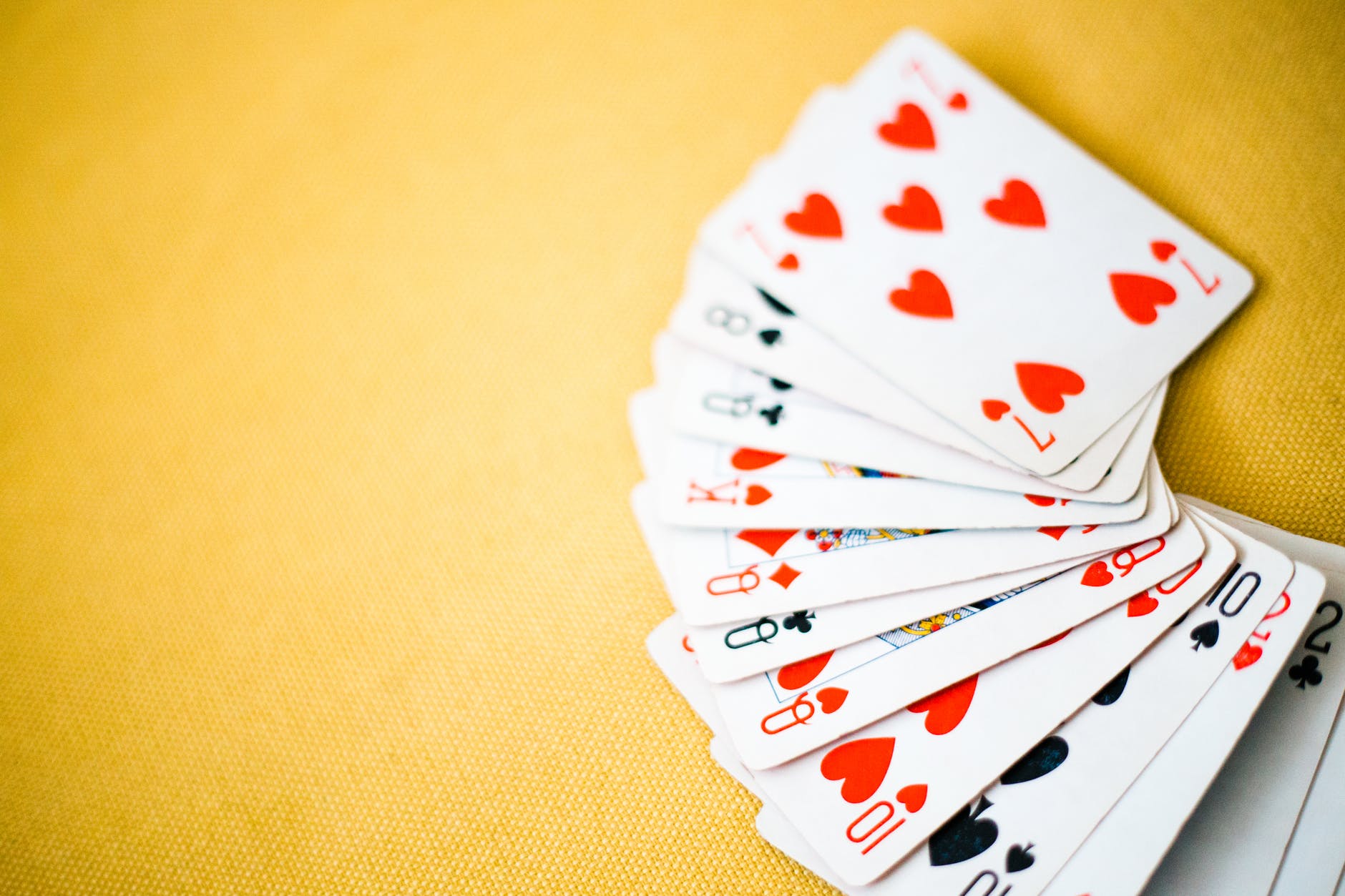Blog

Speech in Spades: How We Can Use Playing Cards in Speech Therapy
The FOCUS speech therapy team is flush with great ideas when it comes to using a deck of playing cards to get your child talking.
Card-playing is a popular past time because decks are small, portable and offer endless possibilities. Our speech therapists love cards too because they can be used during sessions (or at home) as a “communication temptation” for our patients. A communication temptation is any type of motivation we use to get kids engaged, talking and practicing the various skills we’re working on in speech therapy.
In addition to classic card games for kids (think Go Fish, Gin Rummy and Crazy Eights), it’s fun to make up games directly tailored to the skills of the children with whom we’re working. Here, we’ll outline some examples. Feel free to try them out yourself or make up your own!
Targeting Attention by Sorting and Matching
A child who can’t pay attention will have great difficulty learning. Attention is the foundational building block of all our cognitive processes, including memory, problem solving and executive function. We can help children work on attention deficits with a variety of sorting and matching games.
For a child who has severe deficits, we may ask them to sort the deck into two separate piles on the basis of color (red and black). If this proves difficult, we can encourage them with visual cues, prompting and plenty of breaks.
Another game might include laying out 2 to 5 cards of the deck, all different numbers. In our hand, we hold cards that are all the same number, but of a different suit. Then we hand the child one card at a time and ask them to match the numbers. (This game can also work for children who have left-sided neglect.)
If your child’s attention deficit is moderate, we might ask them to sort the deck into four stacks according to suits. We might also work on sequencing by laying out 10 cards of the same suit and having them arrange the cards from lowest to highest.
For milder attention deficits, we might ask them to sort the deck by each of the four suits in number order.
Targeting Memory With Card Games
To target immediate memory in speech therapy, we present an array of face down cards, turn over two, ask the patient to remember those two and then turn them face down again. We then immediately ask the patient to find the two cards we turned over.
To work on delayed recall, we might space it out: After returning the two cards to face down, we’ll asking the child a few “WH” questions and then return to the task of asking them to remember where their two cards are.
Executive Function Card Games in Speech Therapy
Executive function is a set of mental skills (memory, flexible thinking, self-control, etc.) that help us focus, follow directions, handle emotions and more.
One simpler executive function card game we can play is to hide some cards in various places around the room and then have a “scavenger hunt,” offering up spacial concept clues (“look under the chair,” Search behind the cup,” etc.). (We play this in teletherapy too, with a parent’s help.)
If we have a cheap deck, we might write vocabulary words, articulation targets or synonyms on them, incorporating that aspect into other games.
Playing games like these will improve carryover of skills and ultimately help your child achieve their goals faster.
FOCUS offers pediatric speech therapy and online speech therapy for kids in Fort Myers and throughout Southwest Florida. Call (239) 313.5049 or Contact Us online.
Additional Resources:
Top Three Classic Family Card Games, Bicyclecards.com
More Blog Entries:
Heavy Work: What It Is & Why Our Occupational Therapists Often Highly Recommend It, June 28, 2020, FOCUS Fort Myers Speech Therapy Blog

Comments are closed.